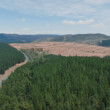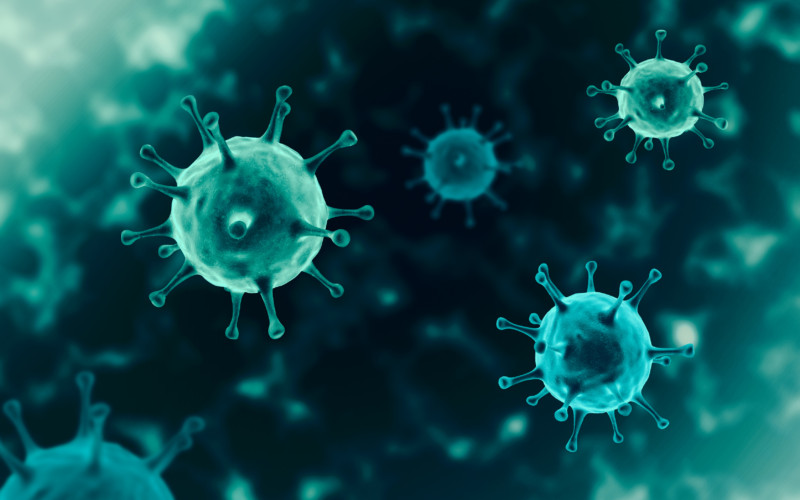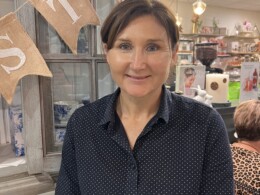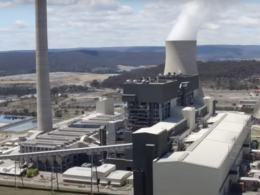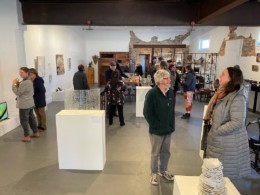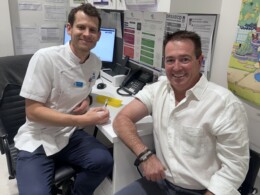Residents in the Bathurst, Bourke, Parkes and Dubbo areas are urged to come forward for Covid-19 testing after virus fragments were detected in samples taken from sewage treatment plants this week.There are no known cases of Covid-19 in Bourke, Parkes or Bathurst.
There were 10 new cases of Covid-19 identified in WNSWLHD up to 8pm on Thursday 12 August. Eight are located in Dubbo and two in Walgett. There is 16 confirmed cases of Covid-19 being managed in the District.Western NSW Local Health District Chief Executive Scott McLachlan said it is a continued reminder of the serious risk Covid-19 poses in the District.
“Virus fragments were detected in samples taken from the Dubbo, Bathurst and Parkes sewage treatment plants on Wednesday 11 August and from samples taken at Bourke on Tuesday 10 August,” Mr McLachlan said.
“That follows detections in samples taken from Bathurst and Dubbo from Monday 9 August. As it stands, the sewage detections are unable to be traced to individuals but with known cases of Covid-19 in the District already, we must increase our efforts and vigilance to ensure our communities’ safety.”
“We have increased capacity at our drive-through testing site at Dubbo Showground, which is open from 8am to close, and at the COVID SAFE clinic at Manera Plaza, open from 8am to 4.30pm.”
“We established an additional testing site at Pioneer Park in West Dubbo on Thursday. This is a walk-in clinic and will be open from 9am to 4pm.
“We have increased capacity at our drive-through testing site at Mount Panorama in Bathurst, which is open from 8am to 4pm.
“I urge anyone who is symptomatic to come forward for testing as a priority. Please ensure that you wear a mask while being tested, and then immediately isolate until you receive a negative result.
“I’d ask that everyone please be patient when coming forward for testing.
”Detection of virus fragments in sewage can also be due to shedding of the virus by someone who may have previously had the illness and may no longer be infectious. It can also be the result of a person with COVID-19 who may have visited the community and has since left the area.
As well as being present in stools, viral fragments can enter the sewer when washed off hands and bodies through sinks and showers.
Usual sewage treatment processes inactivate, or kill, the COVID-19 virus.Symptoms associated with COVID-19 include fever, cough, breathing difficulties, sore throat, loss of smell or taste, runny nose, diarrhoea, nausea, vomiting and fatigue.
For more information on COVID-19 vaccination go to https://www.healthdirect.gov.au/
Testing is free and no appointment is required. You must isolate until you receive a negative test result.



